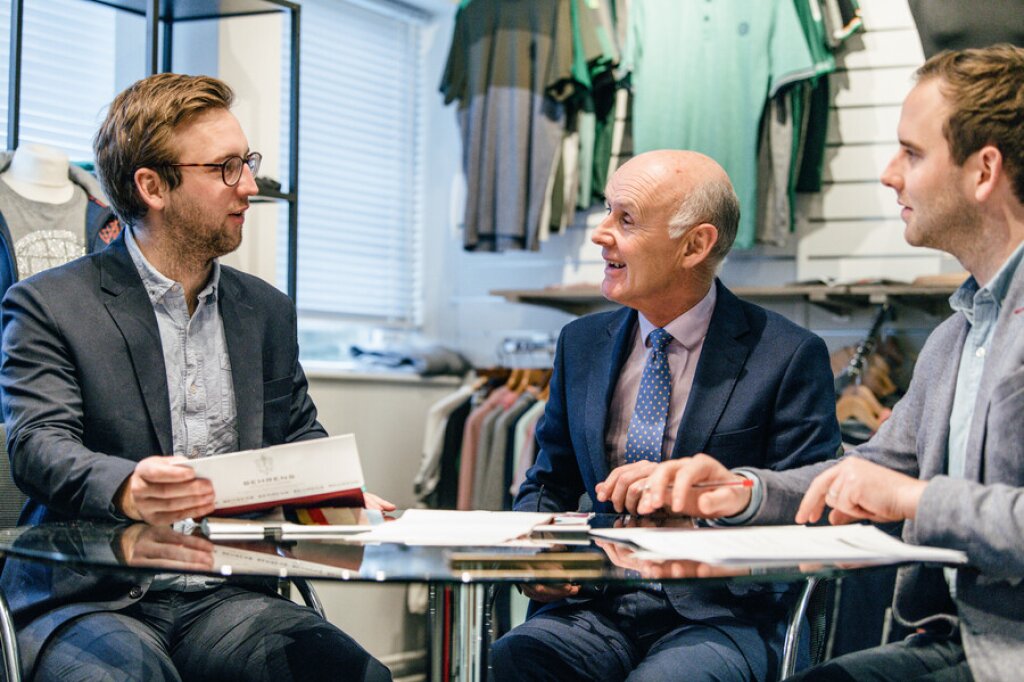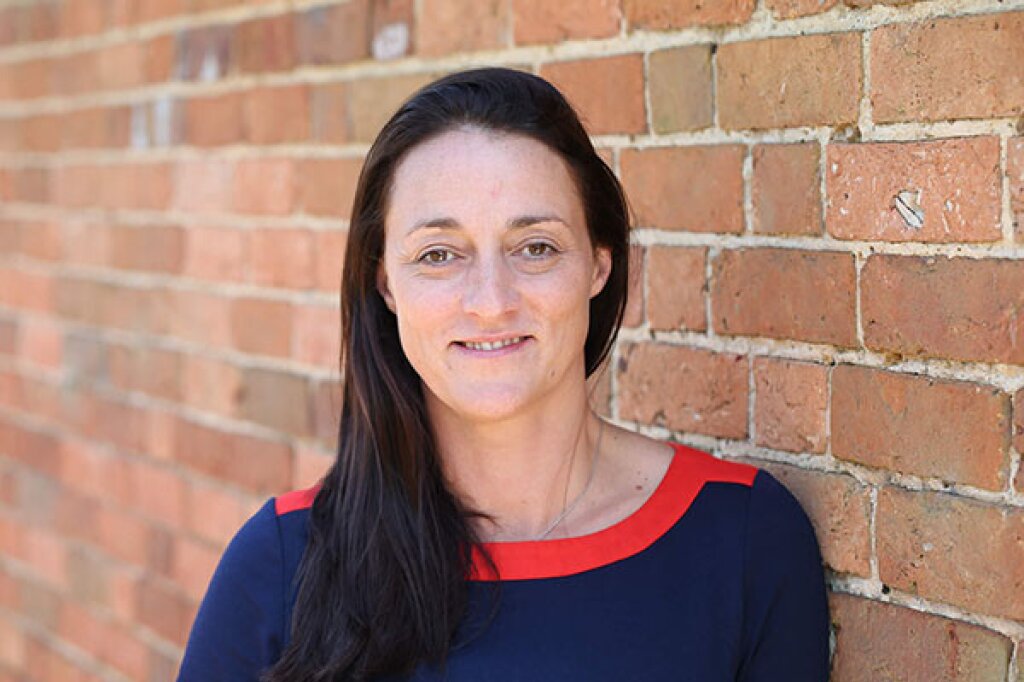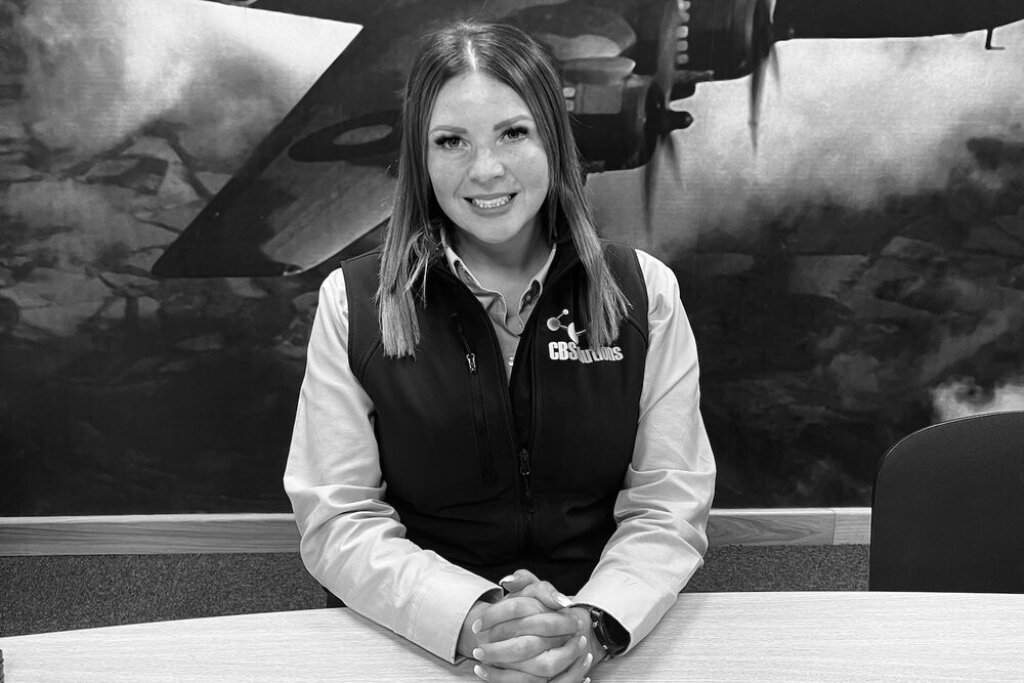Advisory boards can have a powerful effect on small, fast-growing businesses. Enable Manufacturing is a case in point. It has created a revolutionary new 3D printing process, and has a vision to become a global business, through a mix of building digital factories, creating partnerships and making acquisitions.
Enable’s work with a Be the Business board over the past year has greatly improved its chances of realising that vision, as finance director Annette Lacey admitted: “We have a better strategy now and better ideas about how to get there.”
James Reeves, the non-executive director who is leading Enable’s strategic development, added: “The involvement from lots of experienced people in creating our business plan has given me a lot more confidence when I’m talking to investors about it. It is much more robust now.”
Indeed, the advisory board was not only highly experienced, but also brought a diverse wealth of skills:
Ken Stevenson is a 34-year veteran of Rolls-Royce, whose expertise ranges from transformative change and programme directorship, to business operations, procurement and engineering
Matt Carr runs a third-generation family business, after an earlier career in the technology world
Mark Clement is a director at accountancy firm Grant Thornton, where he specialises in acquisitions
Richard Ellis has experience from local government, the brewing industry (in sales and marketing) and the consultancy world
Lilli McGeehan, strategic partnerships manager at Be the Business, used to work in management consultancy and in business development and digital transformation at Marks and Spencer
What’s the motivation?
While the benefits to small businesses are clear, what motivates the board members themselves to get involved?
“I like to help people succeed; I always have done,” Ken said. “At Rolls-Royce I was involved in helping to create new businesses, transforming operational performance, and making difficult things happen. I continue to do as much of that as I can – help out, share my experience, try to make a difference. It’s part of what gets me out of bed in the morning.”
Mark said: “Entrepreneurs can find themselves in a lonely place, so I like helping them drive their businesses forward by bringing to bear the skills and pragmatic and commercial advice that I’ve gathered over the years.”
But it's not just about giving back. Matt, who worked with a Be the Business mentor and is now an ambassador for the organisation, believes the learning is a two-way street.
Leadership development
The experience for Lilli helped her develop her own skills as a leader.
“Working with the other board members was a fabulous opportunity to see different leadership styles in action. The advisory board worked with two different companies during the year, in different contexts so I really had to flex my intellectual muscles too: depending on which company we were working with, I had to think in different ways, ask different questions and frame advice differently,” she said.
Mark, who advises businesses as part of his ‘day job’, also learned a lot from the process.
“You feel like you’re viewing things from the company’s perspective: for example, how would I convince someone to provide us £5m to undertake acquisitions when we don’t yet have anyone to execute the deals for us?”
Richard found the sheer range of experience, expertise, leadership styles and perspectives among the board members illuminating.
“I’ve thoroughly enjoyed it, and seeing how others come at problems has broadened my own perspective,” he said. It’s also prompted him to consider becoming a non-executive director elsewhere.
The board, who’d not met each other before, were impressed by how complementary their skills and experience were.
“Everyone brought unique strengths and perspectives, and everyone contributed,” Matt said. “We’d all thought about different things between the meetings, which meant we could move swiftly between the different important matters that the team wanted to discuss.”
“Working with the other board members was a fabulous opportunity to see different leadership styles in action.”
Lilli McGeehan, strategic partnerships manager at Be the Business – board member
Everyone can contribute
While the manufacturing sector felt unfamiliar at first, Lilli explained that she learnt quickly and could draw on her knowledge from different areas of business.
“Before I joined the board I knew nothing about mergers and acquisitions, nor the manufacturing sector. But you quickly learn about the business, and the challenges and opportunities facing it. I was able to bring my knowledge of different operating models, strategic planning, leadership capabilities, and so on. You don’t need to have the loudest voice in the room in order to make a contribution: even one key question, directed in the right way, at the right time, is valuable.”
What’s more, she adds: “I do think women bring something different. For example, I was keen to deep dive into the operational ‘how’ for structural changes, with a consideration on culture and sustainability.”
What helped to make the experience so enjoyable for the board members was how exciting the Enable proposition, with its opportunities and challenges, actually was. It was also rewarding that the Enable team reflected on the board discussions and amended their strategy accordingly.
“What I found fascinating was seeing how a strategy in an embryonic business can change fundamentally,” said Mark. “The management team had real flexibility and adaptability, in being able to take stock of our board discussions and act on them.”
Enjoying seeing progress
Rather than being a time-consuming and onerous imposition on their time, the board members say they would have liked to extend the formal relationship for longer. “The business is forming in front of your eyes and you want to see it progress on its journey,” said Mark.
Ken agreed. “Four meetings in a year was about right: there was a good drumbeat. You could see the evolution in their thinking and strategy meeting to meeting. But I’d like to help take them through to the next stage.”
All the board members value the extended networks they’ve gained through the past year, and they are all keen to take on further roles.
“I wholeheartedly and unreservedly recommend others to take on an advisory board role,” said Matt. “It’s win win: you get the best possible outcome for both the company and the board members.”
What’s next for Enable?
Armed with a more robust business plan, the company’s vision is to have an impact on the world, with aspirations to, for example, make planes and cars lighter, more efficient and more environmentally friendly.
As James explained: “If we’re going to do that, on a big scale, we need to be big too.”
Headline takeaways
Boards can change your perspective
Seeing how others tackle problems can broaden your own perspective and help you consider different approaches.
Everyone can contribute
Even if you aren't familiar with a sector, you can bring in knowledge of different operating models, strategic planning, leadership capabilities and so on.
It's rewarding to see progress
A quarterly meeting allows boards to see the evolution in a company's thinking and strategy.



